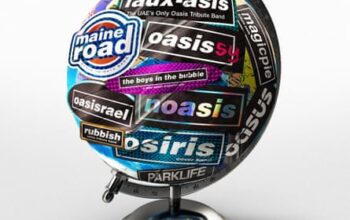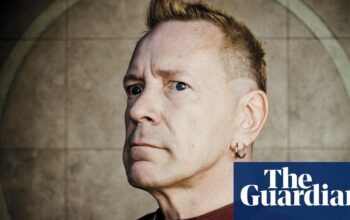F
During my childhood in the 1970s, living in inner-city London’s Tottenham neighborhood, there were a few prominent black American figures who left a lasting impression and added vibrancy to my life. As I reflect on it now as an adult, I realize that my parents also came alive during these moments. Our small world suddenly expanded with these larger-than-life individuals. Among them were Sidney Poitier, the Jackson Five, Diana Ross, and the multi-talented performer, Harry Belafonte.
I first encountered Harry through his rendition of “Day-O (The Banana Boat Song)” in 1956, where he sang the lyrics “Daylight come and me wan’ go home.” The song was playing on a vinyl record in my family’s terraced house. I recall my parents, who were working tirelessly to make a living in London, moving around with a sense of lightness. Harry’s music must have transported them back to their life in the Caribbean village. It served as a soundtrack to the Windrush era.
Meeting and spending time with him when he visited the UK in 2012 to promote his memoir “My Song” was an incredibly meaningful experience for me. I had the opportunity to interview him twice during his week-long stay, first at the Hay festival and then at the Bernie Grant Arts Centre in Tottenham. His mastery of language was astounding – even in his 80s, Harry was incredibly well-educated and articulate. It felt like being in the presence of not just him, but also Paul Robeson, Maya Angelou, and James Baldwin.
There was so much in his story that chimed with my own. His father was rather feckless and not the best of men. His mother had to deal with, frankly, being a woman, being black. He talked about the petty criminality that his father and some of his uncles brought into his life. That made me think back to Tottenham in the 1970s as well. When Harry came to Tottenham, he was coming to a place that was still trying to heal after the 2011 riots. The community was very much recovering from the rubble and fire of rioting. I think Harry enjoyed having an urban audience. He reflected on poverty, on Harlem, on race and on America and was asked a lot of questions about that.

In 2018, I was reminded of Harry while watching Spike Lee’s film, BlacKkKlansman, with my 15-year-old son. He was completely mesmerized by the movie and it was a special moment to see Harry Belafonte in his final role. It brought me joy to see my teenager relate to someone who had a significant impact on not only my life, but my parents’ lives as well. Since my parents have passed away, there was a unique triangular connection present.
After learning of Harry’s passing, I played his songs and retrieved his book from my office shelf. As I flipped through the pages, I couldn’t help but feel a deep sadness and reminisce about my own parents. Nevertheless, I couldn’t help but think about what an incredible life he had lived.
Source: theguardian.com


